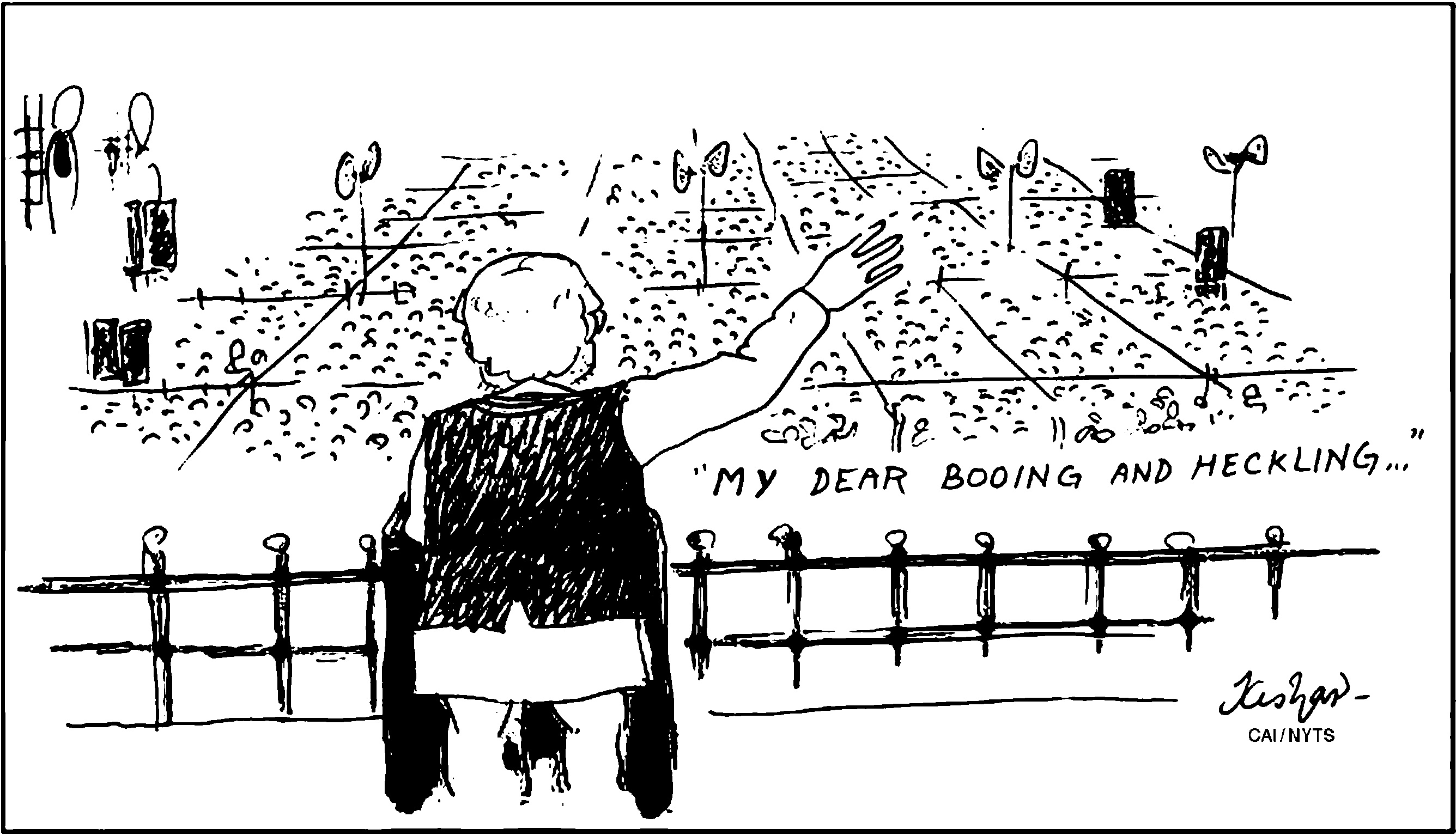Exactly 30 years ago this month, lynch mobs led by politicians slaughtered almost 3,000 Sikhs in Delhi, in some cases by hanging burning tires around their necks. The pogrom came as retaliation for the assassination of Prime Minister Indira Gandhi by her Sikh bodyguards. In nationwide elections held a few weeks later, the Congress party, some of whose members had helped supervise the killings, won in a landslide.
With state elections approaching, parts of Delhi are again awash with manufactured hate. The Trilokpuri neighborhood, which witnessed the deaths of hundreds of Sikhs in 1984, recently suffered clashes between Hindus and Muslims, as well as a brutal police crackdown on the minority community.
A resurgence of communal violence and hatred elsewhere in the country also recalls the largely unpunished crimes of 1984 and their bitter lessons: how mass murderers can be rewarded with huge electoral victories and high political office, and how the judicial system can be gamed in full view of a largely acquiescent if not craven media.



